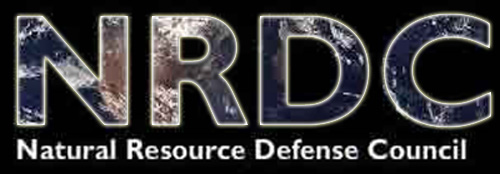GREEN recycling 101
Recycling is one of the most feel-good and useful environmental practices around. The benefits go way beyond reducing piles of garbage -- recycling protects habitat and biodiversity, and saves energy, water, and resources such as trees and metal ores. Recycling also cuts global warming pollution from manufacturing, landfilling and incinerating.
But recycling means a lot more than bringing your newspapers and cans to the curb. Truly successful recycling involves minimizing waste along the entire life cycle of a product, from acquiring raw materials to manufacturing, using and disposing of a product. Most environmental impacts associated with the products we buy occur before we open the package, so buying products made from recycled materials is just as important as sorting waste into the right bins.
And when we reduce the amount of stuff we buy in the first place, and reuse what we can, we reduce the environmental harm associated with acquiring raw materials and manufacturing.
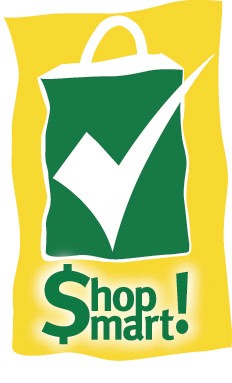 |
Shop SmartPurchase paper and other products for your home and office that are made with post-consumer recycled content and packaged in recyclable materials. (See our paper guides for businesses and consumers) Buy in bulk when you can to reduce the amount of packaging that gets thrown away. |
|---|---|
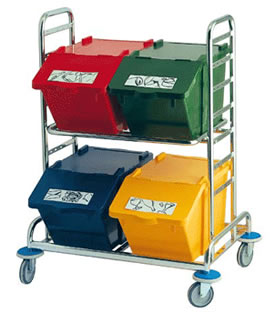 |
Convenience is KeyPut collection bins in various places around your home and office to make recycling convenient. Use different bins that follow your city's recycling policies, (see New York City's recycling guidelines as an example) so you don't have to separate it out later. If you tend to forget what's recyclable and what's not, make a sign like this one and post it near your bins. |
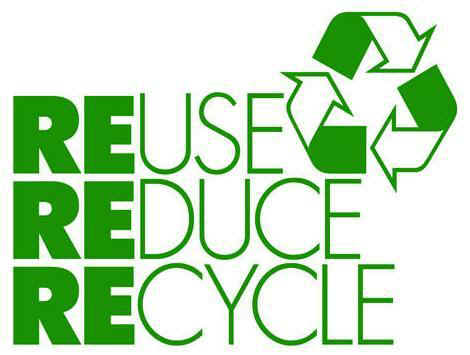 |
Don't Forget to ReusePaper, plastic, glass and cans aren't the only items that should be diverted from incinerators and landfills. Reduce the environmental impacts of organic waste by composting food scraps, and by leaving short grass clippings on lawns to decompose. Donate old clothing to homeless shelters, thrift stores, animal shelters and other community organizations. Take advantage of manufacturer take-back programs for your unwanted electronics. |
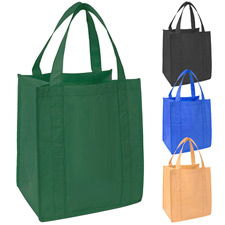 |
Make Waste An
|
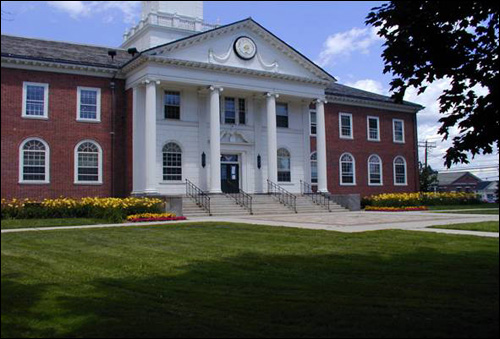 |
Talk to Your Local Government and BusinessesEncourage local officials to consider incentives and more ambitious recycling initiatives. Give positive feedback to store managers and manufacturers who are making good environmental choices.
|
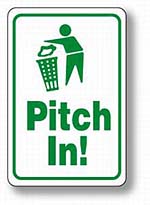 |
Talk Your Good Habits on the RoadRecycling policies can vary from city to city and from state to state. A plastic container you recycle at home might be garbage-bound in another community. Or something you can't recycle at home might be recyclable in your school or workplace. When traveling away from home, learn the local rules (from the city's website or by reading signs) and follow them. |
